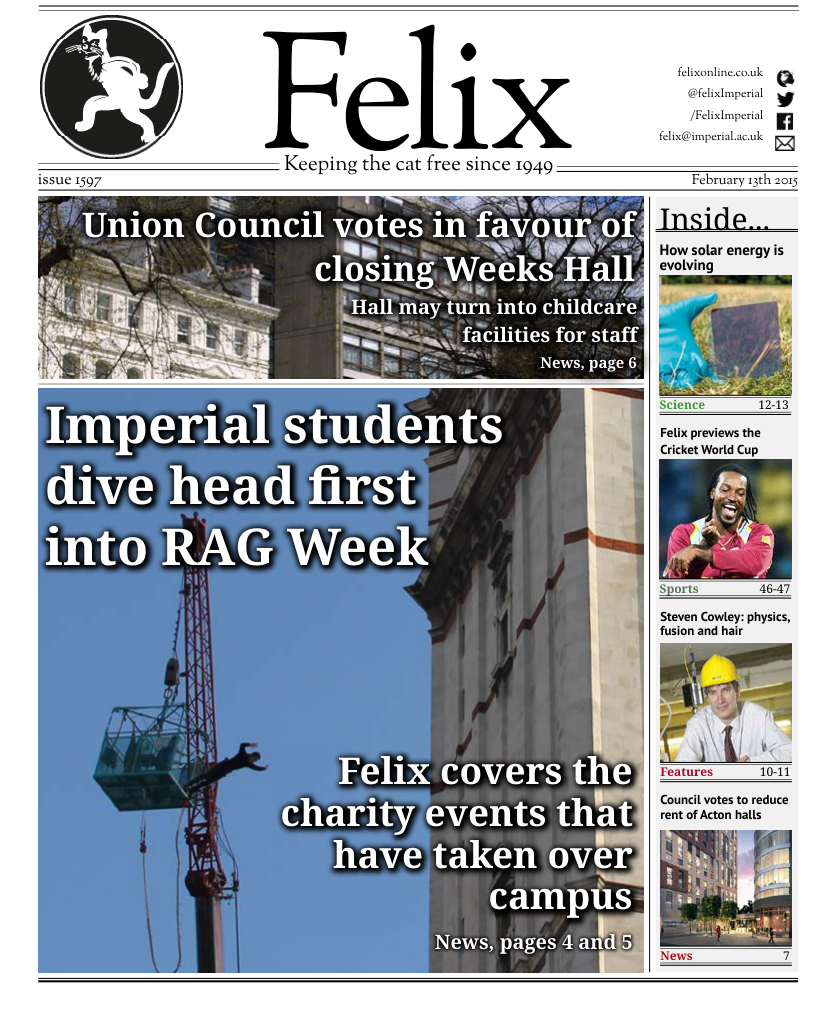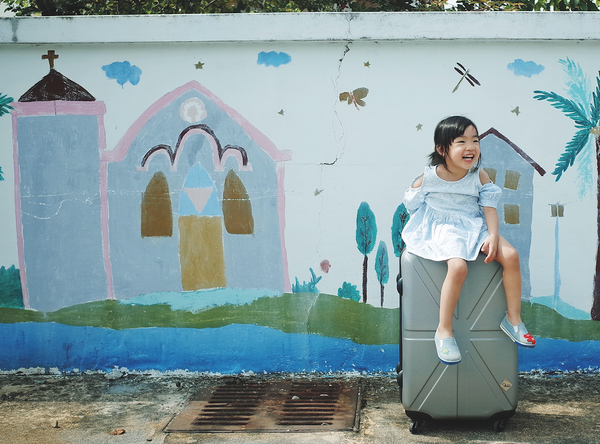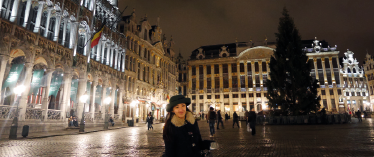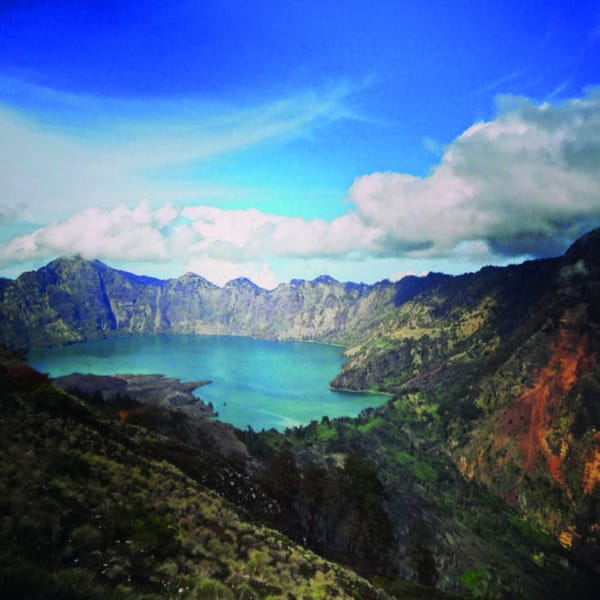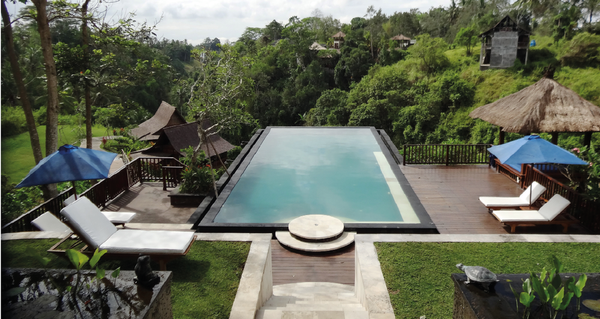Could College pay for your next holiday?
Kamil McClelland sat down with the new head of Exploration Board after their endorsement of his upcoming trip through Central Asia
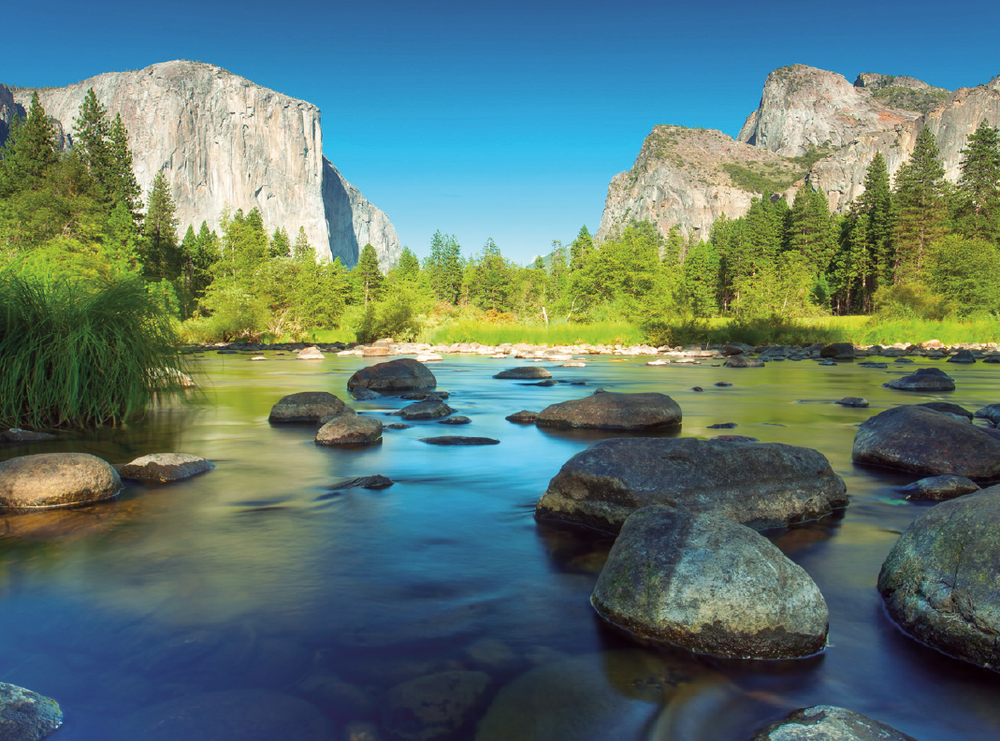
How many people knew there was such a thing as the Imperial Exploration Board? Apparently not that many, as I found out when telling people that I had received their endorsement for a cycling expedition myself and a few friends are planning this summer across Central Asia. And so, I decided to talk to the Chairman of the Board, Dr. Lorraine Craig, to find out more about what the Board does and how others can get involved.
Kamil McClelland: So Lorraine, could you tell me a bit about the history of the Board and why it formed.
Lorraine Craig: The Board was established in 1955 under the sponsorship of the College, the Students’ Union and Old Students’ Associations to consider proposals for expeditions submitted by members of the College and to administer funds given to assist with the cost of those expeditions.
It was founded to encourage student development outside of the lecture theatre. During the ‘30s and war years, there were a lot of expeditions out of Oxford and Cambridge and starting from around 1953, the University of London decided to get in on the game, leading to the Imperial Board being founded. The 1957 Karakorum Expedition was in fact led by legendary British mountaineer Eric Shipton, where they surveyed some glaciers in the Karakorum alongside climbing, although the final report was never submitted.
There are also some great photos in the archive of an expedition to Iceland in 1956 where at the start of the trip, they look like best friends but by the end are all looking in different directions and seem considerably less chummy.
KM: Do all expeditions have to have a science or research aspect to them?
LC: This certainly was the case in the early years, where groups went off to make a map or survey the geology or botany of the area. But I feel this has evolved over the years and I would rather not send out groups to do ‘simple science’ where it is not particularly of any research value. Nowadays, we are more explicit about encouraging personal development, giving people the opportunity to do something new and exploratory for them.
I feel it is enough of a challenge and a learning experience to get the teams to thoroughly plan an expedition, go off and do it, and then return safely afterwards and write up a superb report.
KM: Why do you encourage the students to write up a report of the journey afterwards?
LC: I think it is very important for the students who go on an expedition to reflect on their experiences and you really notice as you approach the end of a trip that you start thinking about what you have gained from it.
Leadership, teamwork, organisation, time-management, tolerance and compatibility, self-confidence, humility, responsibility for yourself and your team, safety, communication, project management and planning are just some of the many skills that every expedition member has to apply.
It is also a matter of legacy and, just as you have spoken to and learnt from people who have gone on similar expeditions to your own, it is important to pass on your knowledge and wisdom to future explorers.
It is all well and good for people from older years to go on expeditions but you need to help younger students, those in first and second year, to develop their skills.
That is how we all got where we are today and it is important to give back for that reason.
KM: And why do you think it is that the Board is not more widely known about?
LC: Although the College Reporter normally has an article each year, past expeditions did not publicise themselves enough. Although it is less of a problem now with everyone creating blogs online, people used to return from an expedition and, as opposed to writing up their experiences, immediately started to think about planning another. Whilst this is quite a natural thing to do, it has meant that they have not always been available to pass on their knowledge as easily and have not made the Board more widely known.
KM: What is your background and how did you come to be the Chair of the Board?
LC: I am a geologist and have always enjoyed the outdoors so soon after gaining my PhD from Queen’s Belfast, I joined a research group at the University of Cambridge to go and work in the Arctic. At the time, women couldn’t go to the Antarctic so I decided to go north instead and was part of a small polar community, working in Greenland, Svalbard and Ellesmere Island.
After this, I realised how much I had benefitted from the help of others and wanted in some way to support others to have a go at expeditions. I became Head of Research and Higher Education at the Royal Geographical Society and, although this didn’t actually involve any research for me, I was still travelling a lot of the time.
Just before I came to Imperial, I learnt that the previous Head of the Exploration Board, Prof. Bob Schroter, in fact a close friend of mine, was retiring from the role and he felt that I would be his natural successor. I then sat in on a few meetings, the secretary Nigel Wheatley taught me the job and the rest is history!
KM: Have you found your geology knowledge has helped you on expeditions?
Oh absolutely! It gives you a unique understanding of the landscape, why things are as they are, which helps in all aspects of a journey.
Geology I find also gives you very astute observation skills, which is invaluable in every aspect of planning an expedition.
KM: Do you have a favourite expedition in the history of the board?
LC: I don’t think I could pull out one as my favourite as each expedition is special for the individual members who go on them.
For me, I get most enjoyment out of watching the students develop from the first time they approach me with the idea to when they return safely to my office just after they come back, having seen through their proposal safely from start to finish.
Having said that, with my mountaineering and polar experience, when I get an exciting trip related to those, I do sometimes wish I could go on them, although this doesn’t affect the kind of trips that are endorsed in the end. For example, your trip across Central Asia is one I would love to do when I one day retire, although maybe not at the kind of pace you will be doing it!
KM: There is always an element of danger in expeditions despite precautions taken but has anything ever gone seriously wrong on one of the Board’s expeditions?
LC: It is sobering to read the report of the 1961 Beerenberg expedition to North Jan Mayen Island on which there were five fatalities and the report serves in part as a fitting tribute to those who perished. Most of the party had been to Svalbard, operating boats and mountaineering, the previous year.
The expedition of 8 men had been operating as two parties, one in the northwest and the other in the southwest of the island. Two of the northern party travelled by a small, rigid hulled, metal boat to pick up the southern party. The outward journey had taken several hours. On the return journey the wind got up, they hit a sudden squall, the boat was overturned some 35 metres from the shore. 5 out of 6 died; and even after considerable searching only one body was found. Other expeditions have suffered the occasional accident and sadly fatality but not to such an extent.
KM: Due to the expense of expeditions, it seems they have historically been more of a rich person’s retreat. Do you feel this is still the case?
LC: Imperial College has always had a tradition to support their students to undertake expeditions; this is the raison d’etre for the Board’s existence. Having funding and approval from the Board can open doors to Trust funds and other charities.
Many of the expeditions over the years were undertaken by fund-raising, borrowing equipment, gifts of food and equipment from suppliers, and finding a place to travel to within their means. These are all useful skills for future employment.
Most expeditions can be completed within the budget of each individual student.
In some of the earlier expeditions students do not seem to have been constrained by the need to find a job and some expeditions seemed to proceed at quite a leisurely pace.
Take the expedition to Africa and the Americas in 1960 which ran from March to November involving overland travel across both continents undertaking a survey of private light aircraft and their activities. Nobody these days would be likely to have the time and resources to undertake this type of expedition.
KM: Is there one place you have never been that you would still love to go to?
LC: There are lots of wonderful places still to go to, and the world is full of fantastic journeys that I would love to make. It’s impossible for me to pick out one! There are a whole host of places that I would love to visit, and hope to one day.
KM: And what is your next adventure?
LC: Travelling in the Arctic is a wonderful way to meet people who often later become your close friends. This summer, with the help of some Greenlandic friends, I am travelling to a remote settlement in the north west of Greenland, leaving loads of time for potential delays so that I am back in time for my College commitments…
KM: Finally, what do you say to those who may not have much experience of expeditions but would really love to go on one?
LC: 18 expeditions applied to the Imperial College Exploration Board this year, of which 13 or 14 will go ahead. If you have no experience at all, join one of the clubs or societies, which can be a great way to get to know others as well as build your experience. Most Imperial expeditions have a good legacy component and you might find someone who will be looking for another member of their expedition or will take you through the planning of one. Contact us early on in the Board and we will do our best to support you through, or send you in the direction of someone who can help you. It’s a fantastic way to develop your skills and have a superb experience at the same time.
To find out more about the board, visit their website at http://www3.imperial.ac.uk/expeditions. Maybe you could be the next intrepid explorer out of Imperial!
Also, if you would like to find out more about our trip cycling over 2000 miles along the Silk Road in Central Asia, visit our website at www.tourdestan.co.uk.

